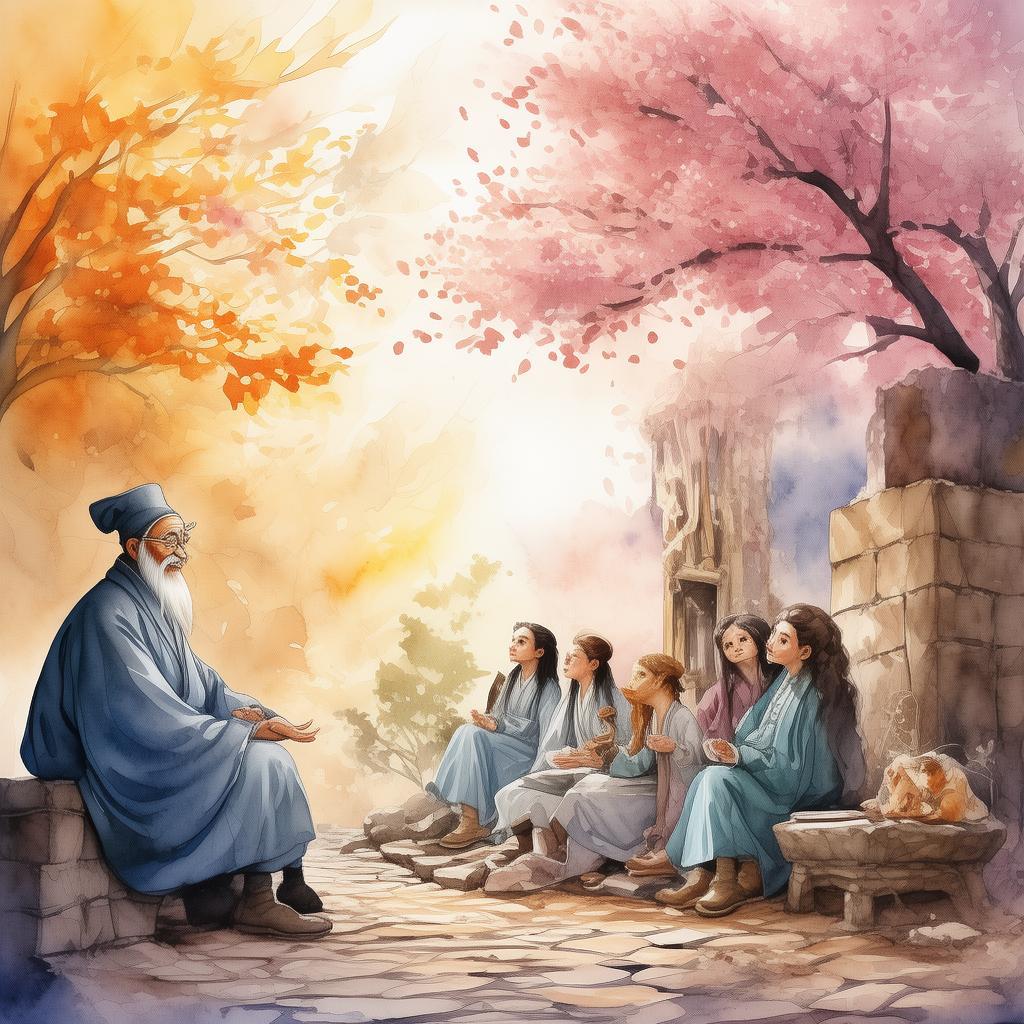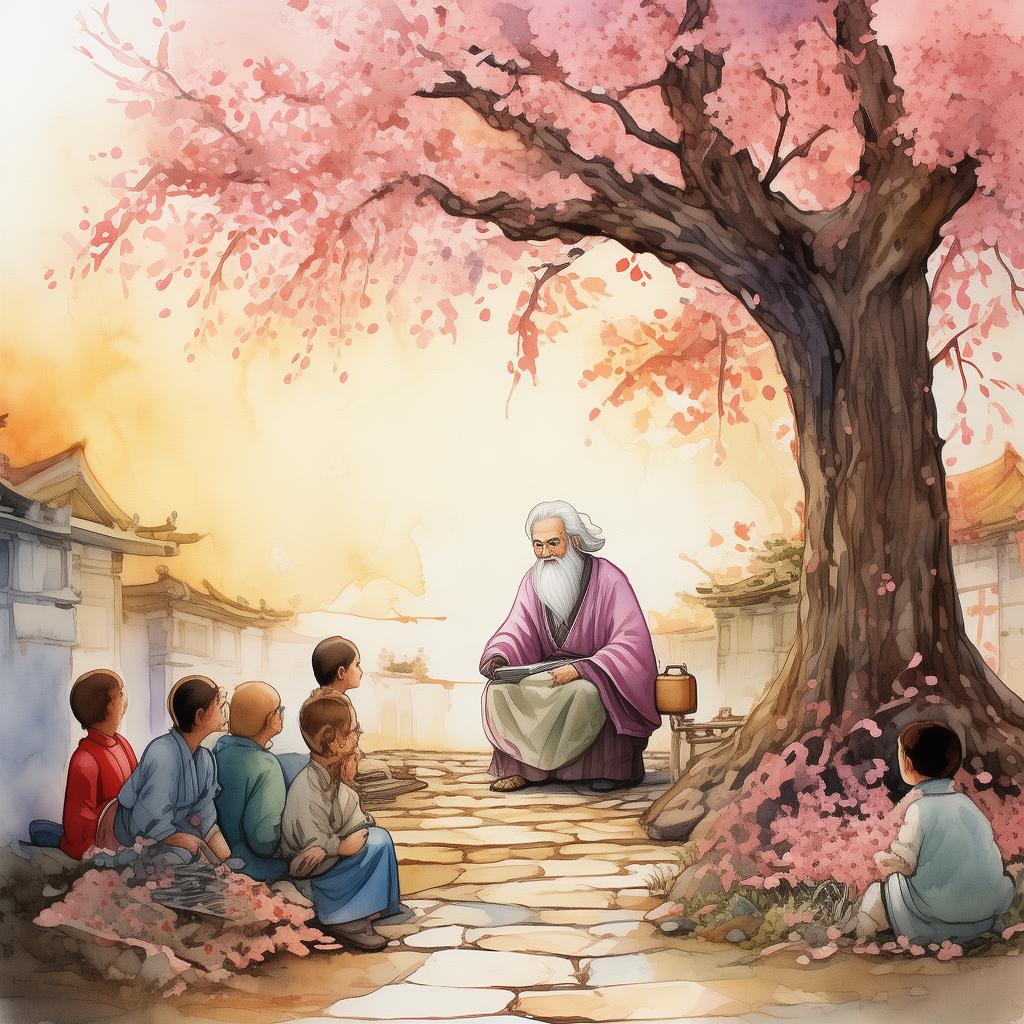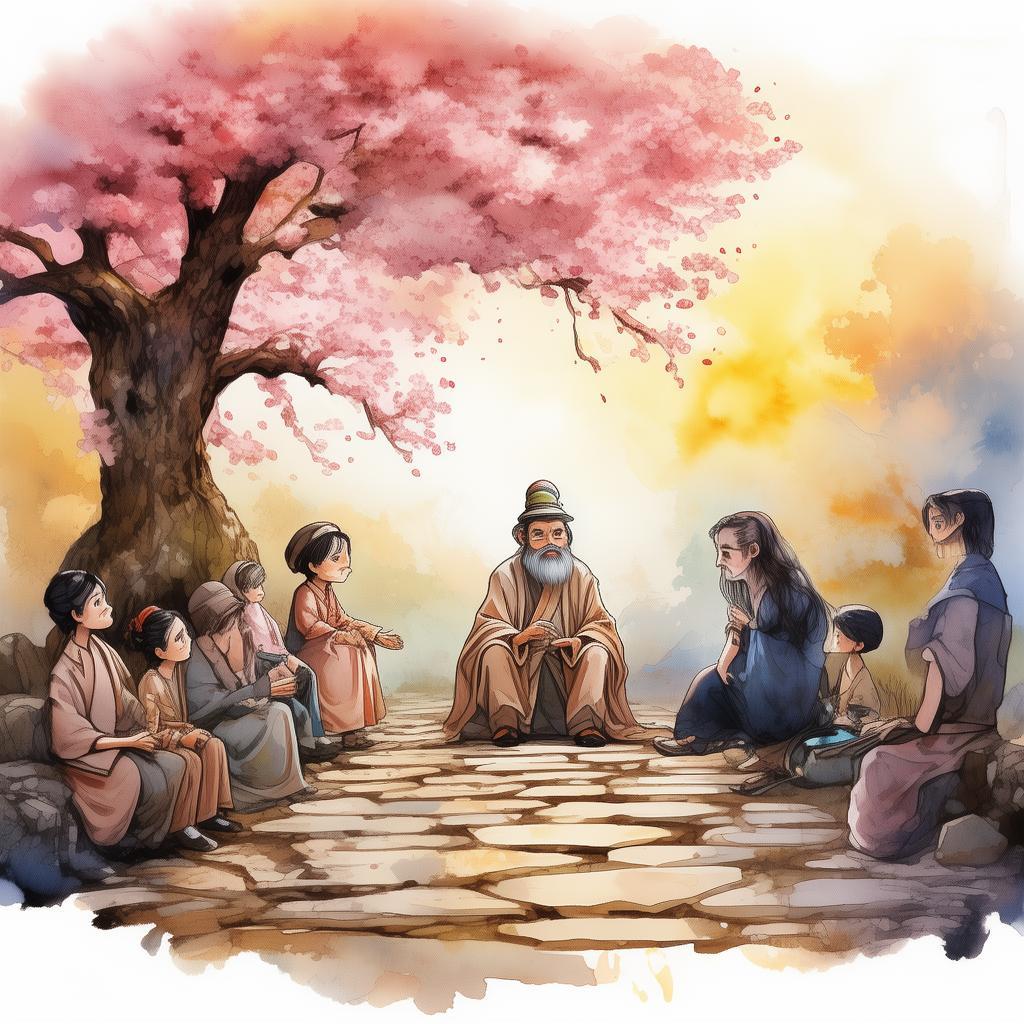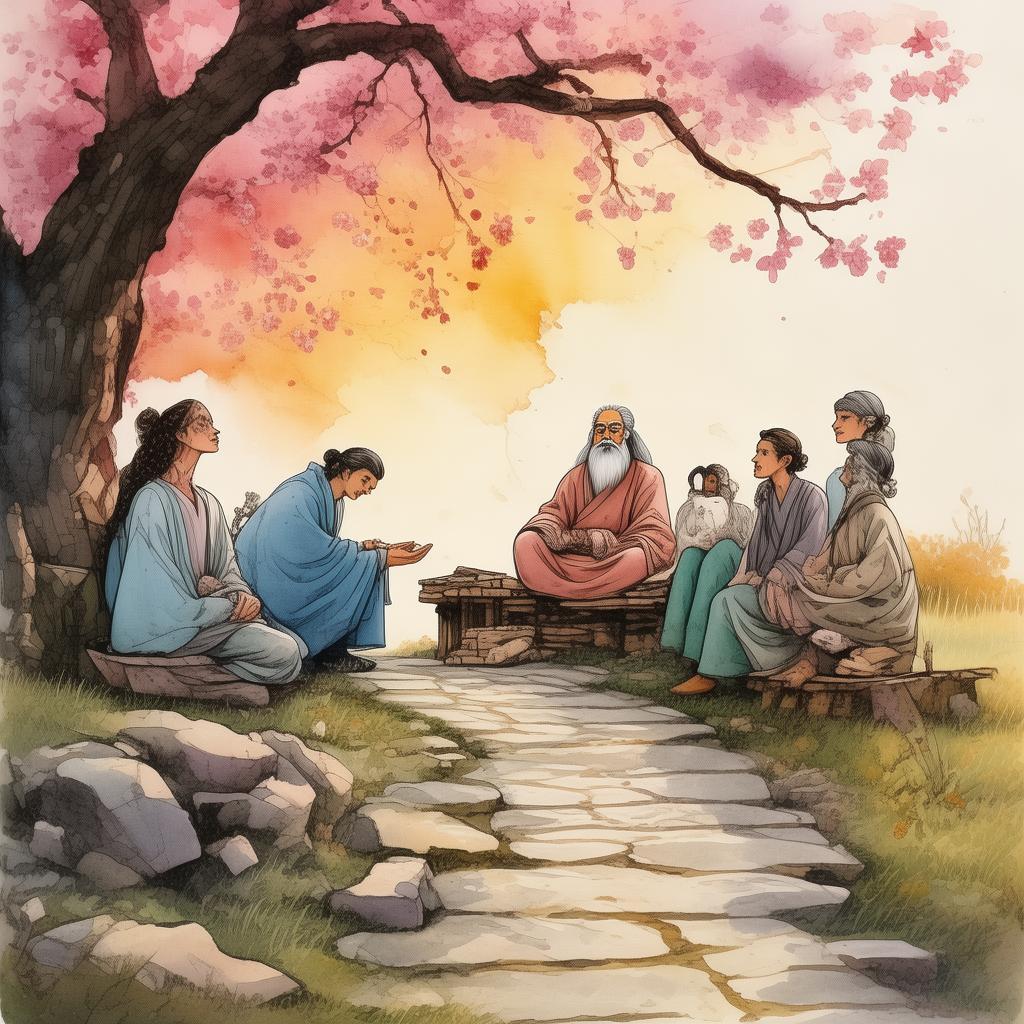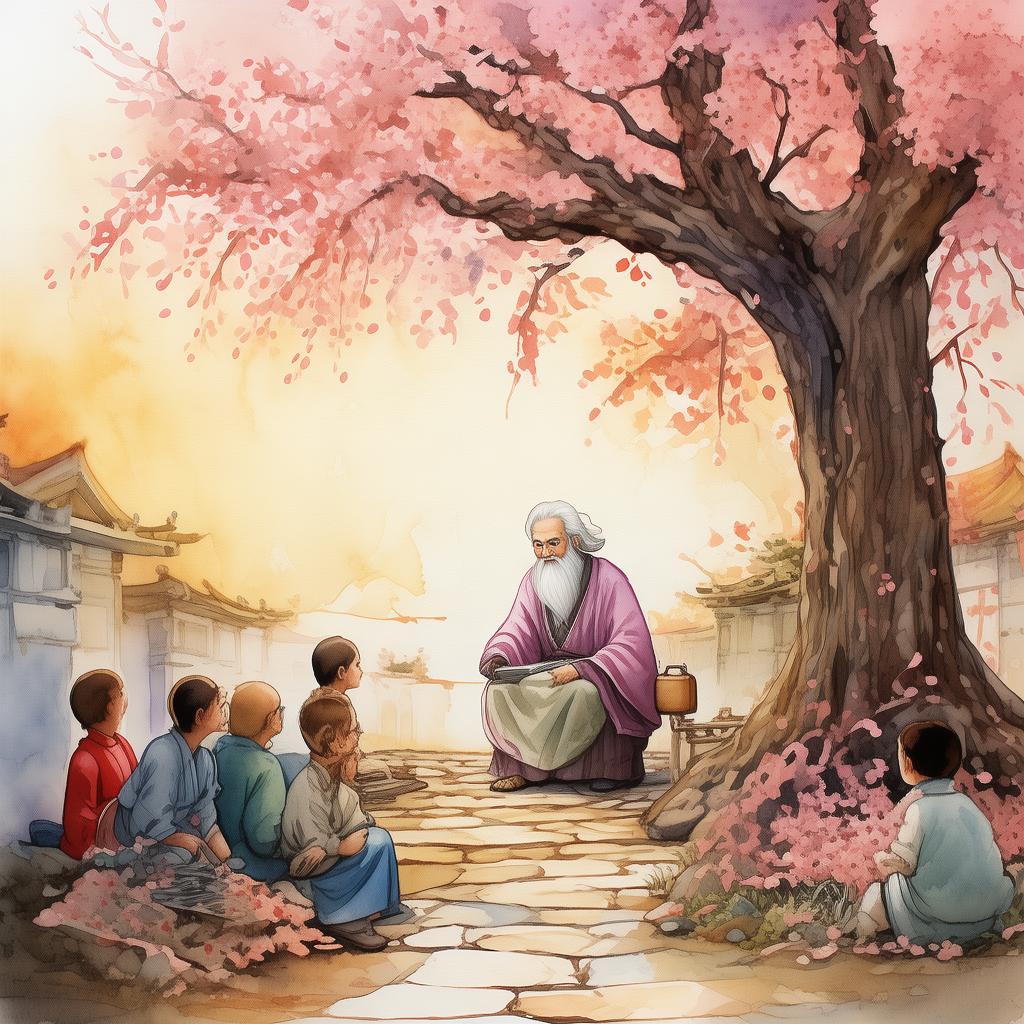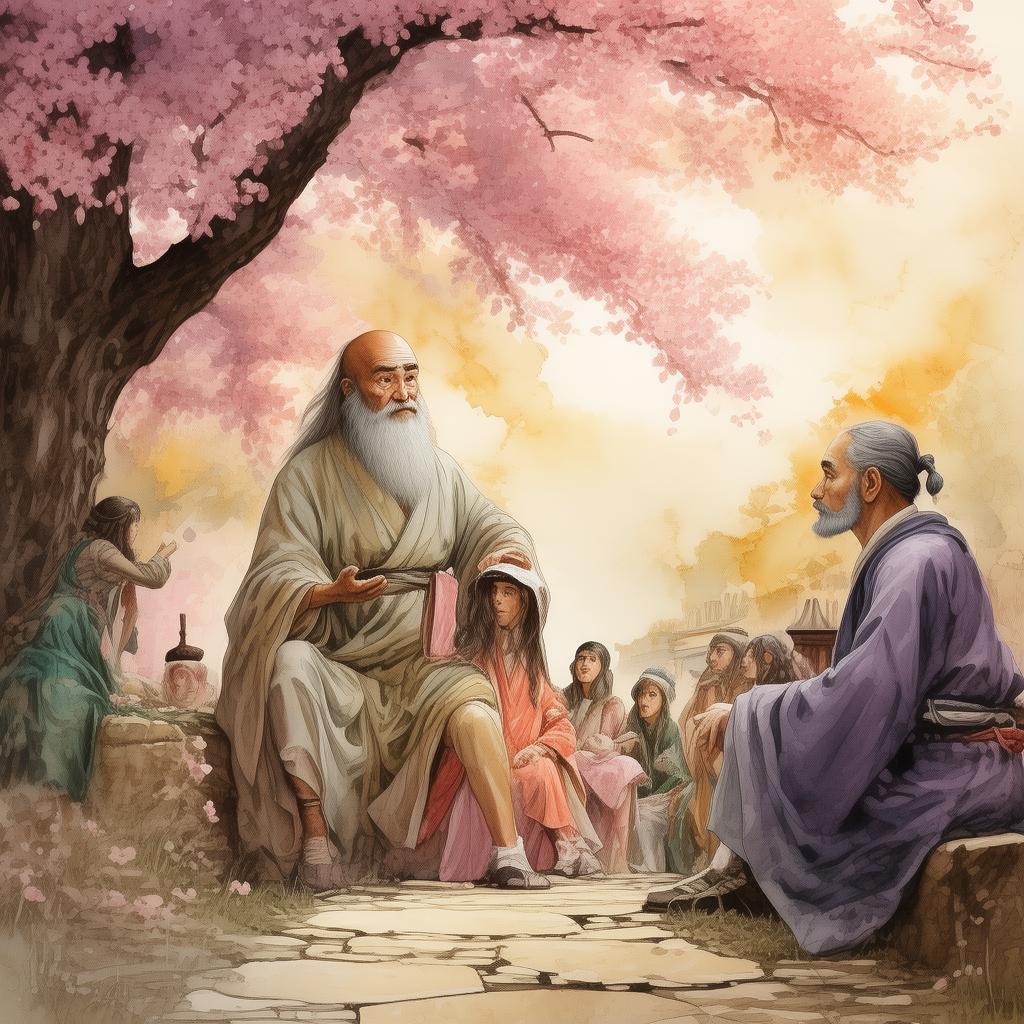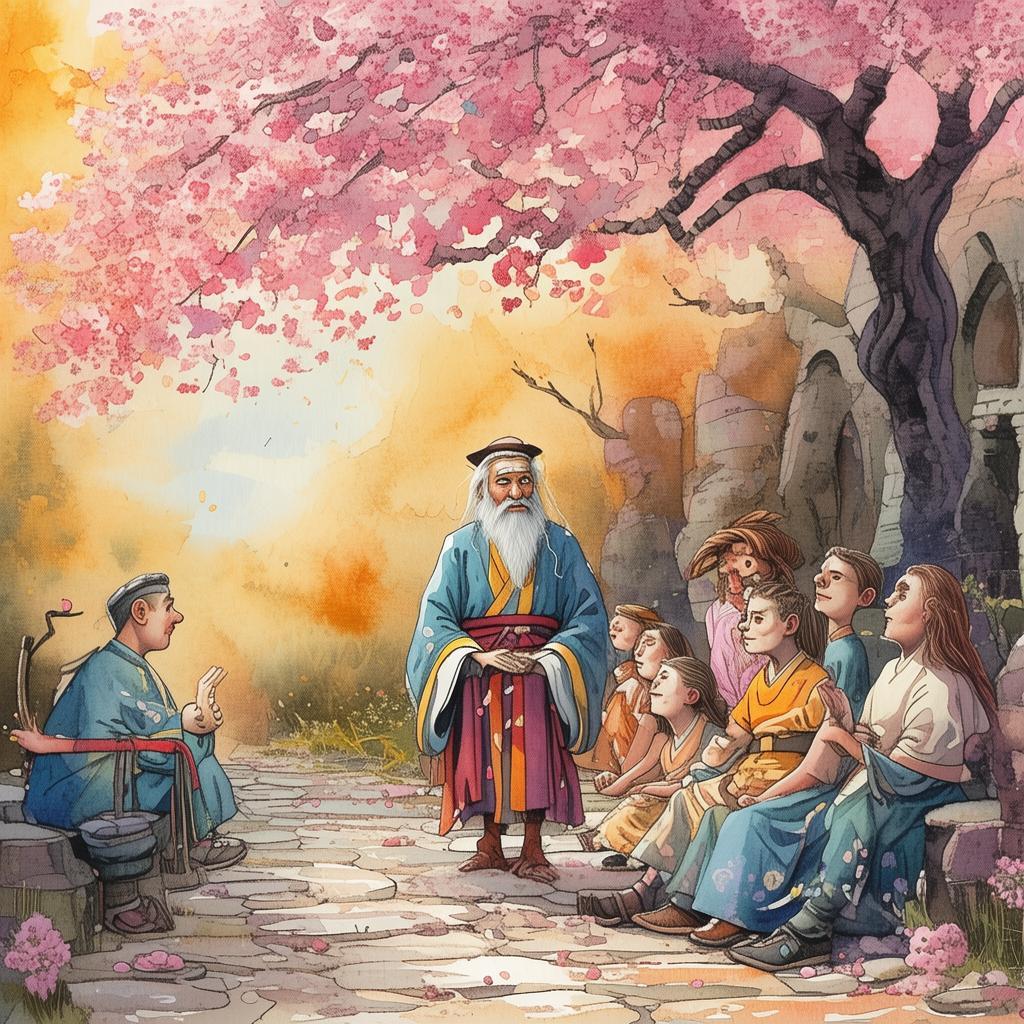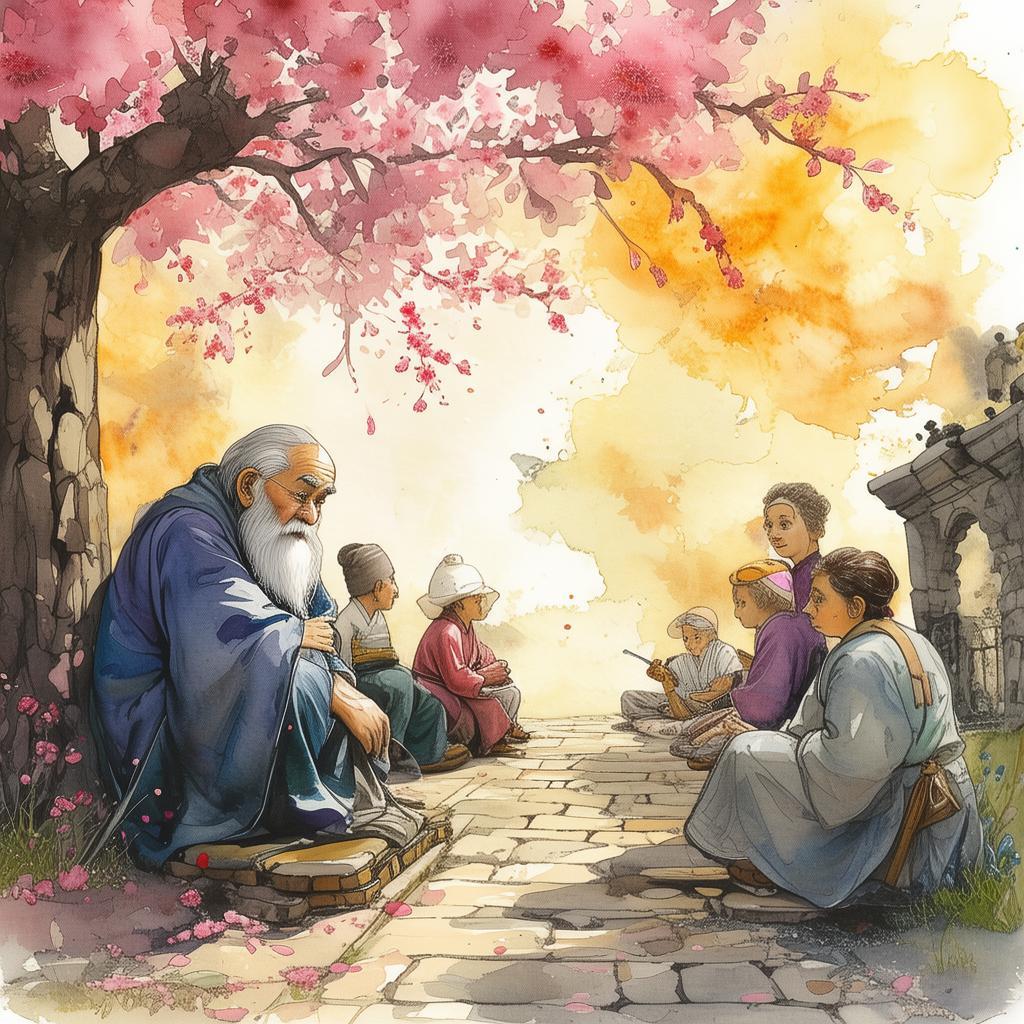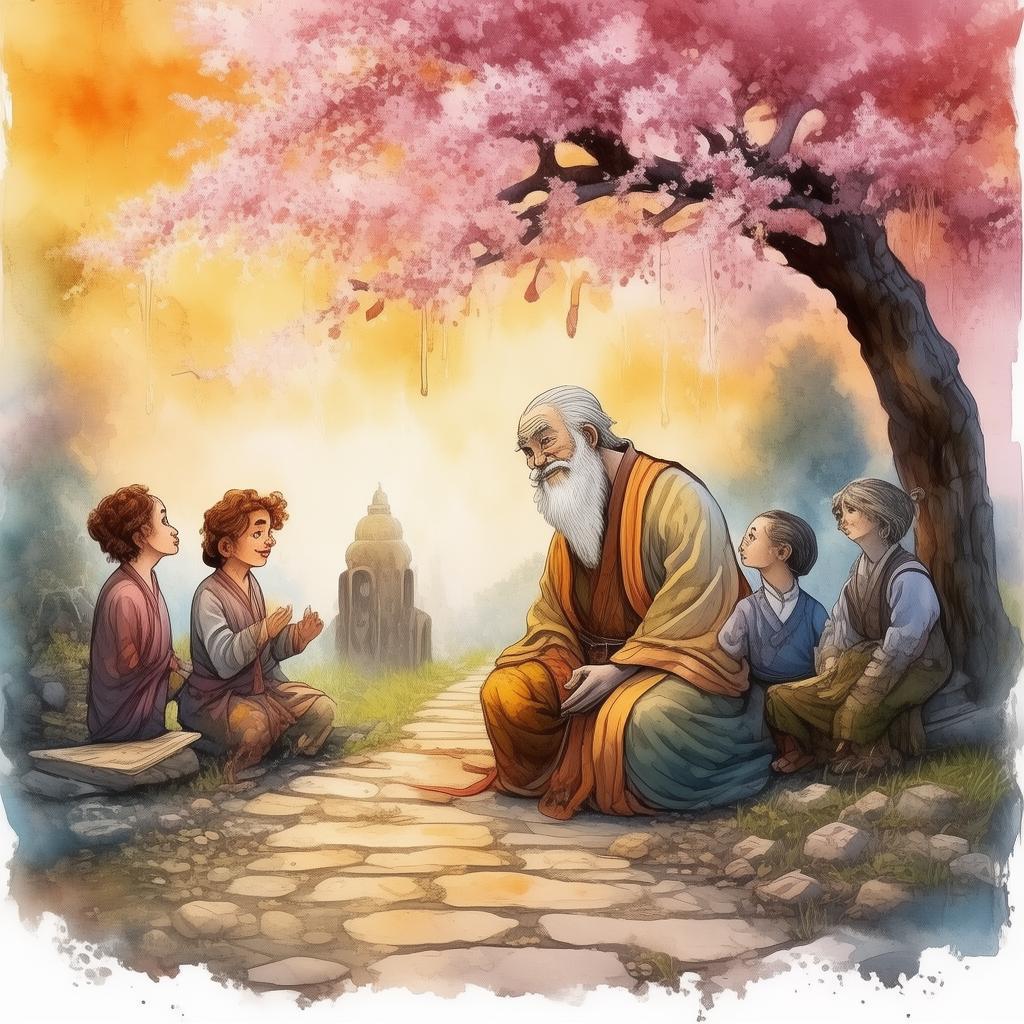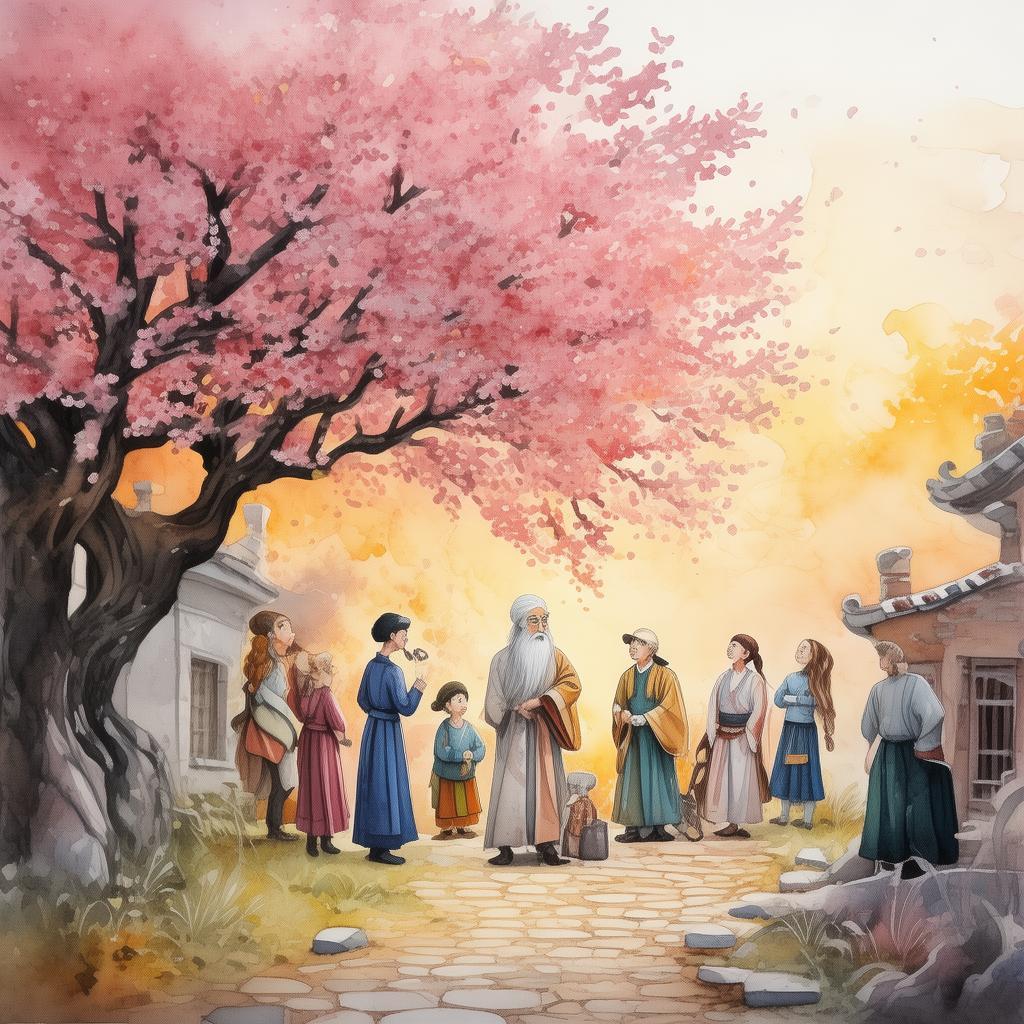The Rice Resurrection: A Prophecy of the Future
In the verdant rice fields of the remote Chinese village of Liangshan, there stood an ancient temple, its walls weathered by the centuries but its secrets as fresh as the morning dew. The villagers spoke in hushed tones of the temple, its origins shrouded in mystery and its contents veiled by an enigmatic prophecy. This was the story of Zhang Wei, a young farmer who discovered the rice fields of his ancestors, and how a prophecy about the future of food would change the world.
Once upon a time, in the days when the Liangshan rice fields were a verdant tapestry, there lived a wise old farmer named Liang. He had a profound understanding of the land and the crop that fed his village. His knowledge was not merely of the soil and the seasons, but of the spirits of the ancestors, who watched over the fields and the people who tilled them. Liang believed in the Starched Prophecy, a tale that spoke of a time when the rice would once again reign supreme as the most important food source on Earth.
Years passed, and Liang passed on his wisdom to his son, and then to his son's son, Zhang Wei. Zhang was a modern farmer, a man of the future who had studied agriculture at the university. He was not interested in the old ways; he preferred the latest technology and scientific advancements. Yet, despite his education, there was a part of him that longed to connect with the ancient wisdom of his ancestors.
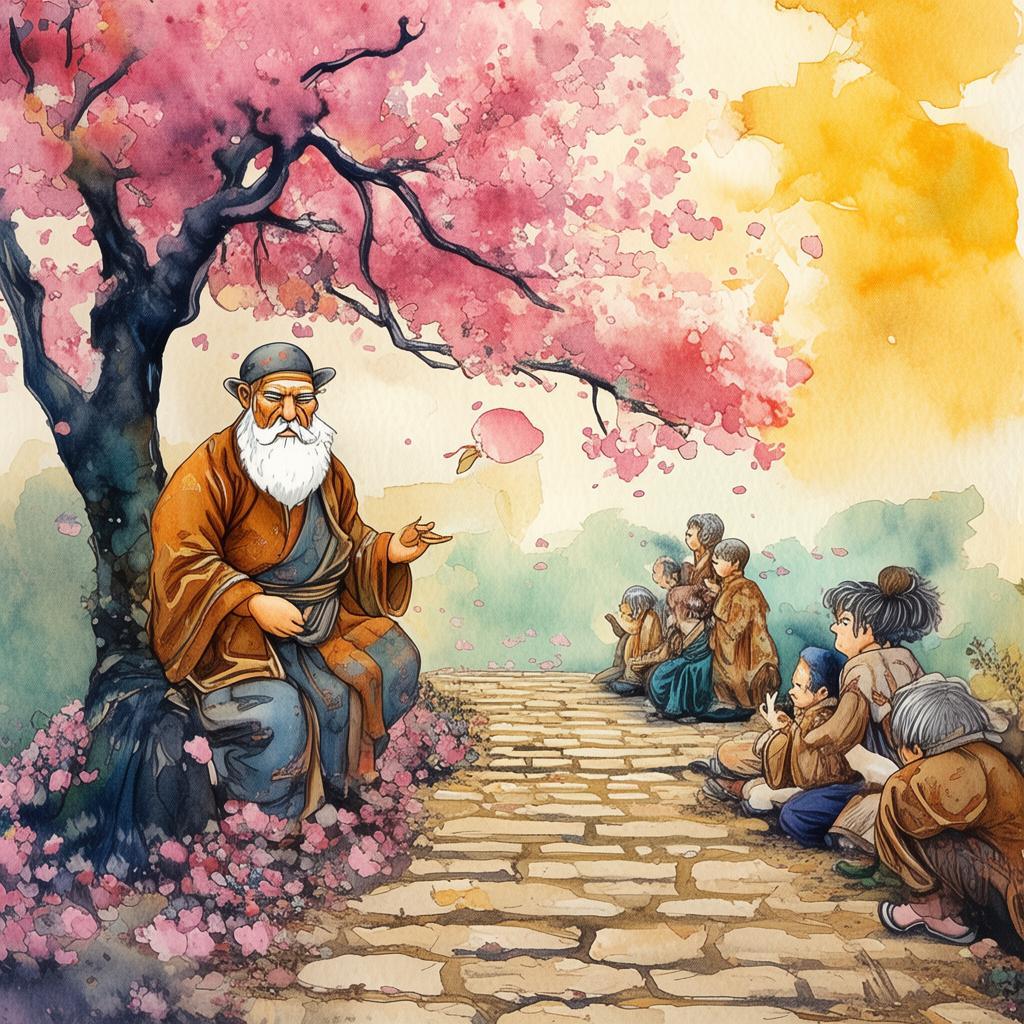
One summer's evening, as the sun dipped below the horizon, casting long shadows over the rice fields, Zhang Wei stood at the edge of the paddy, gazing at the rows of lush green stalks. He felt a strange pull, a whisper of the past that seemed to beckon him to uncover the secrets of the land. That night, as he lay in bed, a vision came to him: he saw an ancient scroll unrolling in the temple, its pages filled with cryptic symbols and a prophecy that spoke of the rise of rice once more.
Determined to uncover the truth, Zhang Wei sought out the old temple, which had long been abandoned and overgrown. With the help of the village elder, he entered the sacred space and found the scroll, its edges frayed but its message clear. The scroll spoke of a time when rice would be needed more than ever, and that only those who understood the old ways could ensure its survival.
The following morning, Zhang Wei began to study the scroll, decoding its ancient symbols. He learned of the intricate relationship between the rice and the land, the water, and the sun. He discovered that the secret to growing the most nutritious and resilient rice lay in the traditional farming methods, the wisdom passed down through generations.
With newfound determination, Zhang Wei set about reviving the old farming practices. He built terraces, restored ancient irrigation systems, and cultivated heirloom rice varieties. The villagers watched in awe as his fields thrived, producing rice that was not only bountiful but also packed with nutrients. The word spread, and soon, other farmers came to learn from Zhang Wei.
As the years went by, the rice fields of Liangshan became a beacon of hope, a testament to the power of ancient wisdom and modern ingenuity. Zhang Wei's discovery led to a global movement, a renaissance of rice cultivation that changed the future of food.
The prophecy had come true. Rice, once again, was recognized as a crop of paramount importance. The world turned its eyes to Liangshan, and Zhang Wei, the young farmer who had uncovered the Starched Prophecy, became a hero.
In the end, Zhang Wei realized that the true power of the prophecy was not in the rice itself, but in the wisdom and connection to the ancestors that it represented. The future of food was not about technology or efficiency, but about understanding and respecting the natural world and the legacy of those who came before.
And so, as the sun set over the rice fields of Liangshan, casting a golden glow over the rows of lush stalks, Zhang Wei knew that the Starched Prophecy had not only been fulfilled but had also paved the way for a sustainable and bountiful future.
✨ Original Statement ✨
All articles published on this website (including but not limited to text, images, videos, and other content) are original or authorized for reposting and are protected by relevant laws. Without the explicit written permission of this website, no individual or organization may copy, modify, repost, or use the content for commercial purposes.
If you need to quote or cooperate, please contact this site for authorization. We reserve the right to pursue legal responsibility for any unauthorized use.
Hereby declared.
